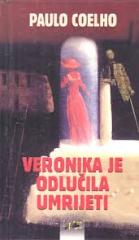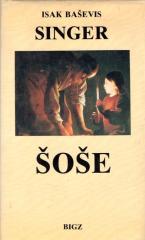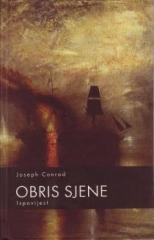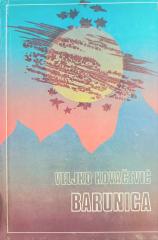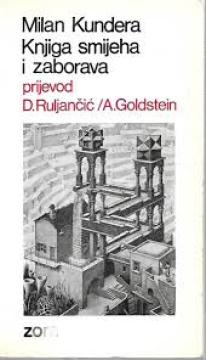
Knjiga smijeha i zaborava
Roman Knjiga smijeha i zaborava (1979.), fragmentarni roman u sedam dijelova, istražuje češku povijest pod komunističkim režimom, posebice nakon Praškog proljeća 1968. i sovjetske invazije.
Kundera, izgnanik u Parizu, spaja satiru, erotičke motive i filozofske digresije, ismijavajući totalitarizam kroz priče o manipulaciji sjećanjem i identitetom.
Kroz likove poput Ludvika, inženjera rehabilitiranog nakon lažne optužbe, i Tamare, koja bježi u egzil, roman prikazuje kako režim briše prošlost – od uništenih spomenika do izdaja prijatelja – dok smijeh postaje oružje: anđeoski (oslobađajući, individualni) nasuprot diaboličkom (kolektivnom, uništavajućem). Erotske scene, poput onih između ljubavnika u Parizu ili invaziji, naglašavaju lakotu i težinu egzistencije, sukobe uma i tijela, javnog i privatnog.
Kundera upozorava da zaborav nije pasivni gubitak, već aktivno brisanje: kao što se iz povijesti briše lik Clementisa s fotografije pored Gottwalda, tako se gase osobne uspomene. Roman, pisan na češkom i preveden na engleski, kritizira lažne narative i slavi umjetnost kao otpor. Aktualan u doba manipulacija, Kundera ga vidi kao "roman ideju" gdje povijest postaje metafora za samoću i nadu u smijehu.
Jedan primjerak je u ponudi
- Poruka osobne naravi
